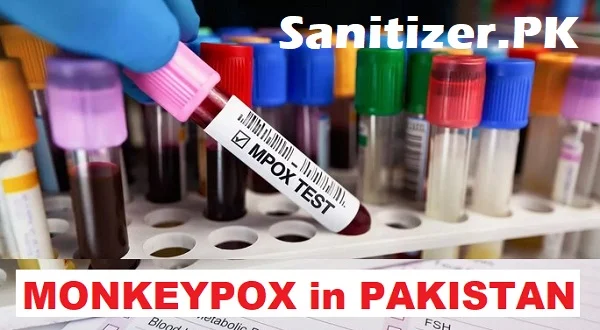If you suspect monkeypox, act quickly to protect yourself and others. Key symptoms include flu-like symptoms, rash, and swollen lymph nodes. Seek medical advice immediately, isolate yourself, and practice good hygiene. For more information, follow updates from the CDC or WHO.
If you suspect you have monkeypox, it’s essential to act quickly and responsibly to protect yourself and those around you. Monkeypox is a viral disease similar to smallpox but generally less severe. However, it can still cause significant discomfort and complications, especially in vulnerable populations.
First, consider your symptoms. Monkeypox often begins with flu-like symptoms such as fever, chills, headache, muscle aches, and exhaustion. Swollen lymph nodes are another common early sign, which can help distinguish monkeypox from other illnesses like chickenpox or measles. Within a few days, a rash typically develops, starting on the face before spreading to other parts of the body. The rash goes through several stages, from flat lesions to fluid-filled blisters and then to scabs.
If you recognize these symptoms, it’s crucial to seek medical advice immediately. Contact your healthcare provider to discuss your symptoms, especially if you have recently traveled to an area where monkeypox is more common or if you’ve had close contact with someone diagnosed with the virus. Your healthcare provider may arrange for testing to confirm whether you have monkeypox and offer advice on managing your symptoms and preventing the spread of the virus.
While waiting for medical advice, try to isolate yourself from others to reduce the risk of spreading the infection. Monkeypox can be transmitted through direct contact with the rash, bodily fluids, or respiratory droplets from an infected person. Therefore, avoid close physical contact with others, refrain from sharing personal items such as towels or bedding, and wear a mask if you need to be around others. Maintaining good hygiene, such as frequent hand washing with soap and water or using an alcohol-based hand sanitizer, is also essential in minimizing the risk of transmission.
If you live with others, it’s important to disinfect frequently touched surfaces and items regularly. This includes door handles, light switches, and electronic devices. Encourage those around you to practice good hygiene as well to further prevent the spread of the virus.
If your symptoms worsen or if you experience severe complications such as difficulty breathing, chest pain, or confusion, seek emergency medical care immediately. Although monkeypox is generally less severe than smallpox, it can still cause serious health issues, particularly in individuals with weakened immune systems, pregnant women, and young children.
It’s also important to inform people you’ve been in close contact with about your symptoms, so they can monitor their health and seek medical advice if necessary. Transparency is crucial in preventing the spread of monkeypox, as early detection and isolation can significantly reduce transmission.
During your recovery, follow your healthcare provider’s guidance on treatment and isolation. The illness typically lasts two to four weeks, and most people recover without specific treatment. However, in some cases, antiviral medications or other treatments may be recommended, especially for those at higher risk of severe illness.
Finally, stay informed about monkeypox by following updates from reliable sources such as the Centers for Disease Control and Prevention (CDC) or the World Health Organization (WHO). These organizations provide the latest information on outbreaks, prevention strategies, and treatment options, which can help you make informed decisions about your health.
Taking prompt action, seeking medical advice, and adhering to recommended precautions are key steps in managing your health and protecting others if you suspect you have monkeypox.

